Before returning to Vietnam, Professor Ngo Manh worked for many years at the University of Oulu - one of the largest universities in Finland. Here, he solved an important part of the Furstenberg conjecture from the 1960s, studying how numbers change when represented in different base systems such as binary or ternary.
The proof was published in the journal Annals of Mathematics and won him the Outstanding Paper Award of the 2023 Chinese Congress of Mathematics (ICCM). In 2025, he continued to receive the Frontiers of Science Prize.
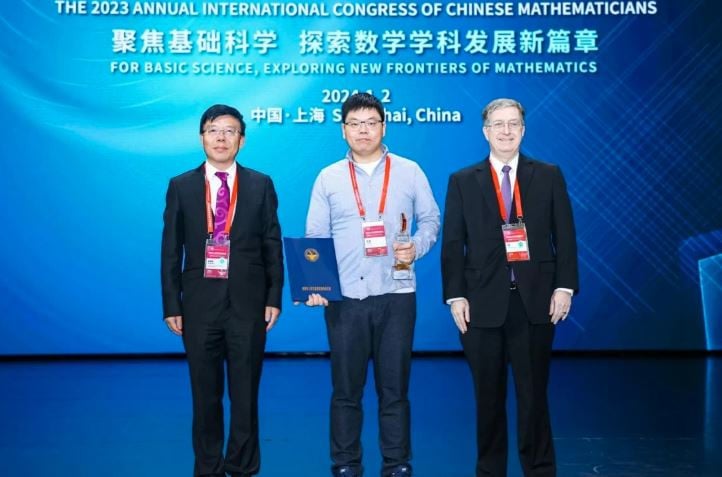
Professor Ngo Manh's research on the Furstenberg hypothesis during his time in Finland was supported by a grant from the Finnish Academy of Sciences and Letters. Before that, he had studied and researched in many European and Middle Eastern countries, including France, Israel and Sweden.
At Hunan University, he will continue to pursue his main research direction: Ergodic theory and number representation in different base systems.
Academic journey through many countries
Professor Ngo Manh studied Mathematics at Picardy Jules Verne University (France) since 2006. Here, he received his bachelor's, master's and then doctorate degrees in Mathematics in 2013.
He did postdoctoral research at the Einstein Institute for Mathematics (Hebrew University of Jerusalem, Israel) and the Mittag-Leffler Institute (Sweden).
According to SCMP , one of his main research areas is ergodic theory, which specifically deals with the representation of numbers in different base systems such as decimal or binary. This is an area that demonstrates a fundamental characteristic of mathematics: Many things that seem obvious require extremely rigorous proof.
For example, it is still not possible to prove whether zero appears infinitely many times in the decimal representation of pi (3.14159265359…) - although computational data suggests this is likely true.

It was during his time at the University of Oulu that Professor Ngo Manh became interested in the Fürstenberg hypothesis. He received funding from the Finnish Academy of Sciences and Letters to pursue this research.
Solving a problem that has existed for half a century
The Furstenberg conjecture, proposed by the American-Israeli mathematician who won the Abel Prize and the Wolf Prize, offers a new approach: Instead of considering just the representation of a number in one base (like decimal), consider simultaneously its representation in two independent bases - like decimal and binary.
While binary and quadratic representations are related (since 4 is a power of 2), binary and decimal are completely independent.
Professor Ngo Manh made a significant step forward by proving that the conjecture holds for almost all real numbers. If exceptions exist, they only occupy a very small subset – with “fractal dimension close to zero”, a mathematical term used to indicate that the solution is almost perfect.
Last July, before officially joining Hunan University, Professor Ngo Manh received the Frontier Science Award at the International Congress of Basic Sciences held at Tsinghua University (China).
Source: https://vietnamnet.vn/ngoi-sao-toan-hoc-trung-quoc-tro-ve-que-huong-lam-giao-su-sau-thanh-cong-quoc-te-2462530.html





![[Photo] Action for the Community tells stories of enduring journeys – both intimate and great, yet quiet and determined](https://vphoto.vietnam.vn/thumb/1200x675/vietnam/resource/IMAGE/2025/11/15/1763179022035_ai-dai-dieu-5828-jpg.webp)

![[Photo] The Government Standing Committee reviews the planning project of the Red River landscape avenue axis](https://vphoto.vietnam.vn/thumb/1200x675/vietnam/resource/IMAGE/2025/11/15/1763197032149_dsc-0163-jpg.webp)















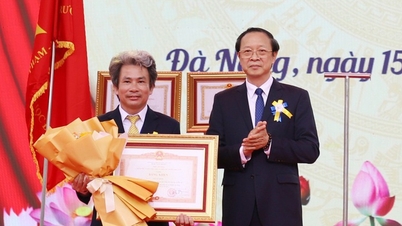



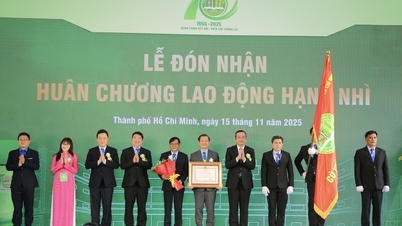





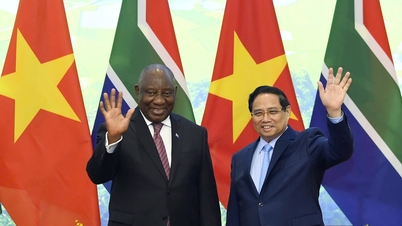


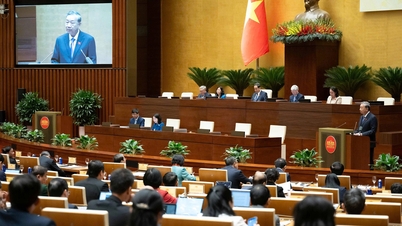





















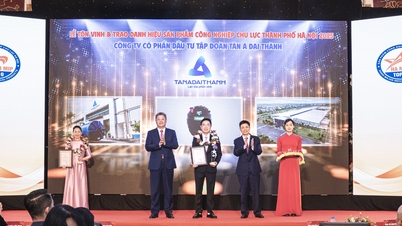
















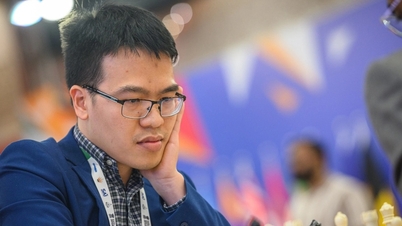







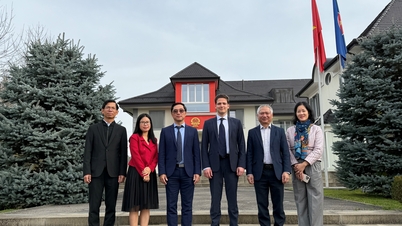

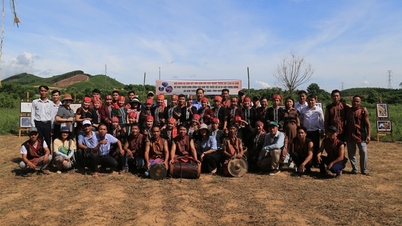



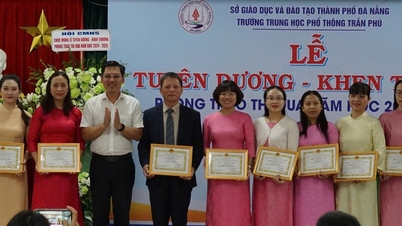

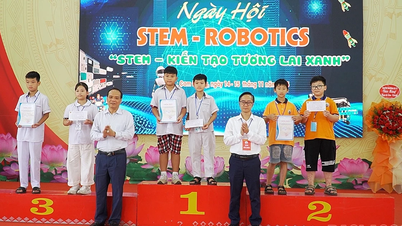

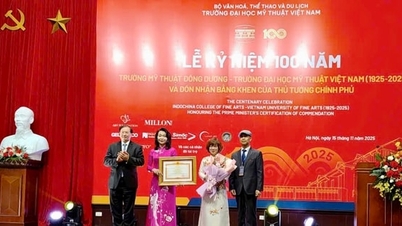

















Comment (0)